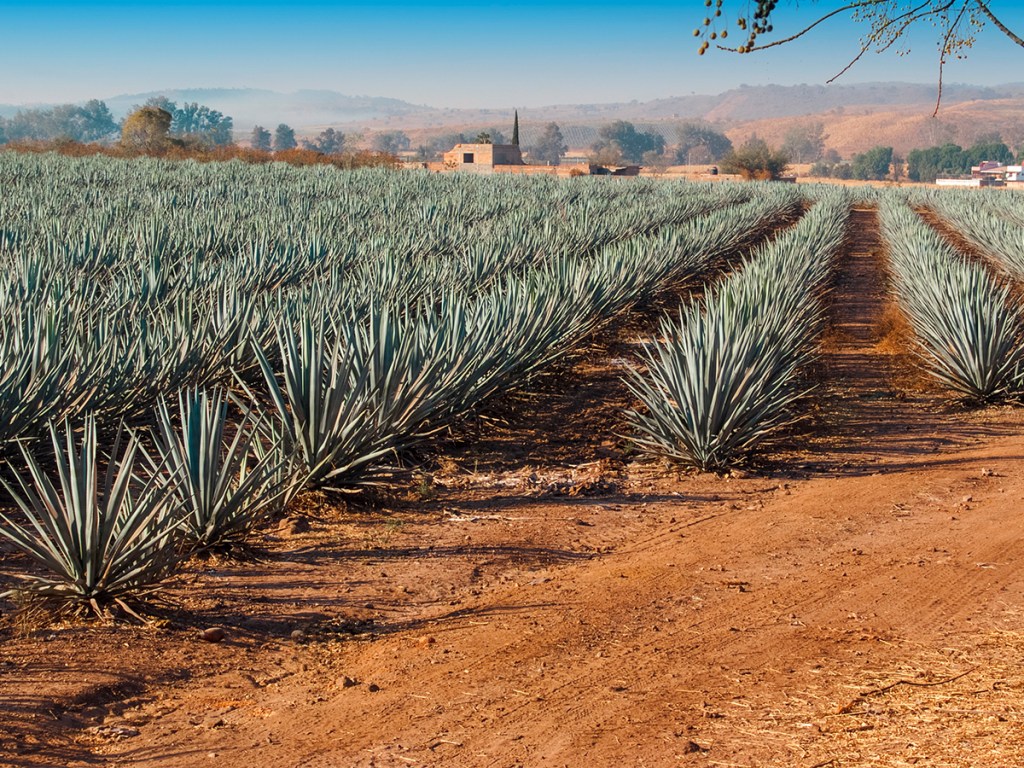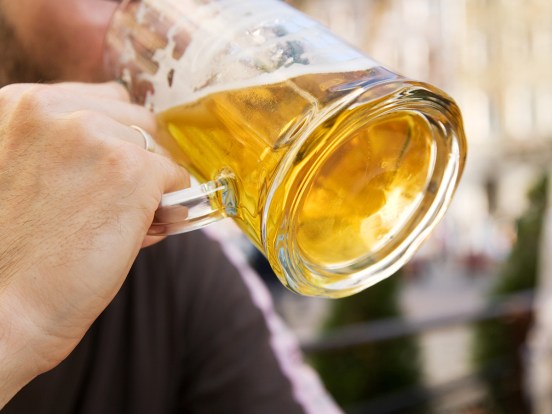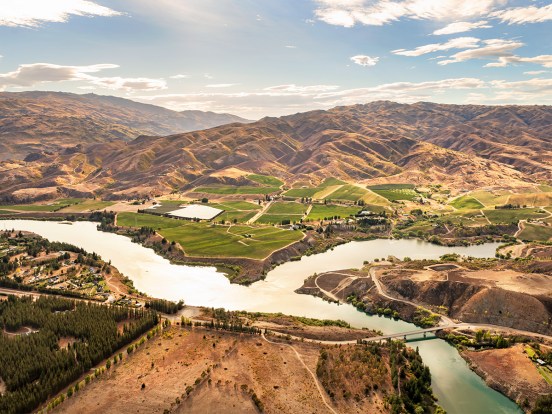While the consumption of agave spirits such as Tequila and mezcal has risen sharply, producers are struggling with supply, writes Tash McGill.
There’s only one story to tell about agave spirits right now and it’s all about growth. Not only is tequila dominating growth in the spirits category but the agave spirit category is soaring to new heights with consumer knowledge, curiosity and understanding opening doors for new opportunities, brands and general interest.
According to Nielson IQ, Tequila sales have increased 70% year to date in the North American market, bringing Tequila into the top three bracket alongside whisky and vodka. In another show of strength, the equivalent dollar spend is also higher across all price tiers in the category, from entry level to ultra-premium.
This was reflected in the data from Distilled Spirits Council of the US’s (DISCUS) latest Luxury Brand Index (LBI) report, showing that luxury spirits sales increased 23% overall so far this year, with premium tequila sales jumping a huge 43%.
And it’s not just in premium markets that Tequila is expanding – growth in travel retail has seen a doubling of volume moving through airports as travellers take to the skies again.
What does this mean for the New Zealand market?
Consistent supply is the biggest challenge facing agave spirits producers currently. Supply chain and availability of product has been a continuous challenge for the agave spirits sector, with demand outstripping supply. In some cases this is positive, as new brands have found retail shelf space as customers have found unreliable or uncertain supply of their current portfolio.
New Zealand’s Tequila demand is also growing, the fastest growth in the spirits category by some distance, according to Nielson data. However, our overall sales volume is comparatively low in the global market, meaning we’re competing for premium bottlings with higher volume and easier distribution markets.
At the same time, New Zealand consumers are following global trends towards exploring beyond Tequila alone, reaching into mezcal and sotol for curiosity and interest. La Fuente, Auckland’s specialty mezcal bar has seen growth in customers coming into explore the difference between artisanal and ancestral mezcals, approaching the category in the same way one might approach an exploration of wine and terroir.
It’s an increasingly important conversation because the demand for Tequila and it’s industrialisation has resulted in agave shortages and higher production costs. There is also the threat to Tequila’s dominance of the category from alternative agave spirits from Mexico, Australia, the US, and other countries.
Agave alternatives
Raicilla, Bacanora and Sotol are all examples of agave spirits that don’t fall into the definition of Tequila. The premise is similar, each is made from a specific type of agave and in a unique production method where there are similarities but also distinctions.
In fact, sotol is made from sotoles, a spiky looking desert plant that isn’t actually an agave at all. Each of these spirits carry a unique flavour profile, often being quite savoury and ranging from earthy, woody and complex to fragrant, perfume-like and bright with notes of sea salt and coriander.
The variety is broad, which helps reinforce the similarities between mezcal and wine when it comes to the exploration of individual ingredients and terroir. It creates interesting questions about the future of agave spirits, not just in Mexico but around the world.
The future of agave spirits
Types of agave grow wild in South Africa, Australia and along Mexico’s northern border with the US, as well as a tiny micro-crop in Nelson, New Zealand. While Mexico’s strict geographical protections around Tequila and mezcal are not to be trifled with, the international demand for locally grown agave spirit alternatives means the law may not be enough to protect the category.
Climate
One of the larger threats and opportunities is the climate itself. Increasing temperature extremes and changing weather patterns are having an impact on some of the traditional growing regions of agave. While scientists discovered the Blue Weber agave, the only agave that can be used in the production of Tequila, contains a gene they believe helps it to be climate change resistant, other agave varieties can be dramatically impacted by climate. Since 2020, scientists have been looking at how the Blue Weber might be able to be used to make other agave varieties and plants more climate resistant.
It’s vital work to build a robust and sustainable ongoing agave supply for that increasing demand. It takes between seven and 10 years for an agave plant to reach full maturity and be ready for harvesting to make mezcal or Tequila, so the industry has already found itself running to catch up with current demand.
Global consumption
Global consumption of agave spirits is expected to increase by 67% over the next five years, which would see it overtake vodka’s position at the top of the spirits table. This increased demand alongside rising prices has seen some producers take shortcuts that are largely frowned upon.
Industrial Tequila is the term used to refer to large volume production where there isn’t as much visibility or traceability on the source of the agave being harvested. Some producers have turned to using younger and less mature agave to supply volume or creating more ‘mixto’ products over 100% agave spirit.
Mixto is unlikely to see a long resurgence as a subcategory thanks to premiumisation and consumer demand, but in the short term mixto products are meeting demand in the entry level tier.
Sustainability
Traceability, sustainability and environmental impact are of major concern to manufacturers but the pathway to providing that transparency to consumers isn’t easy in an industry that has so many sub-categories, unique processes and a veritable library of information to be delivered to consumers and retailers.
With both growth and the pressing climate crisis in mind, Mijenta is the first Tequila brand in the world to become B-Corp certified, a process that co-founder and ex-Bacardi CEO, Mike Dolan, said was rigorous but necessary to the ethos of the new company, which was started in 2020.
For a product and category that has been so closely guarded and protected by Mexico for so many decades, it’s also important that new brands and producers do their part to protect the future of the industry and product, from manufacturing sustainability to governance and social sustainability.
Originally published in the Nov/Dec issue of The Shout NZ.
Did you know?
There are six ways you can catch up with The Shout NZ?
Our print magazine – new issue out soon! Subscribe here.
Online, updated daily with its own unique content and breaking news.
Our weekly newsletter – free to your inbox! Subscribe here.
Our digital magazines – the latest issues are online now.
We are also on Facebook and Instagram!





